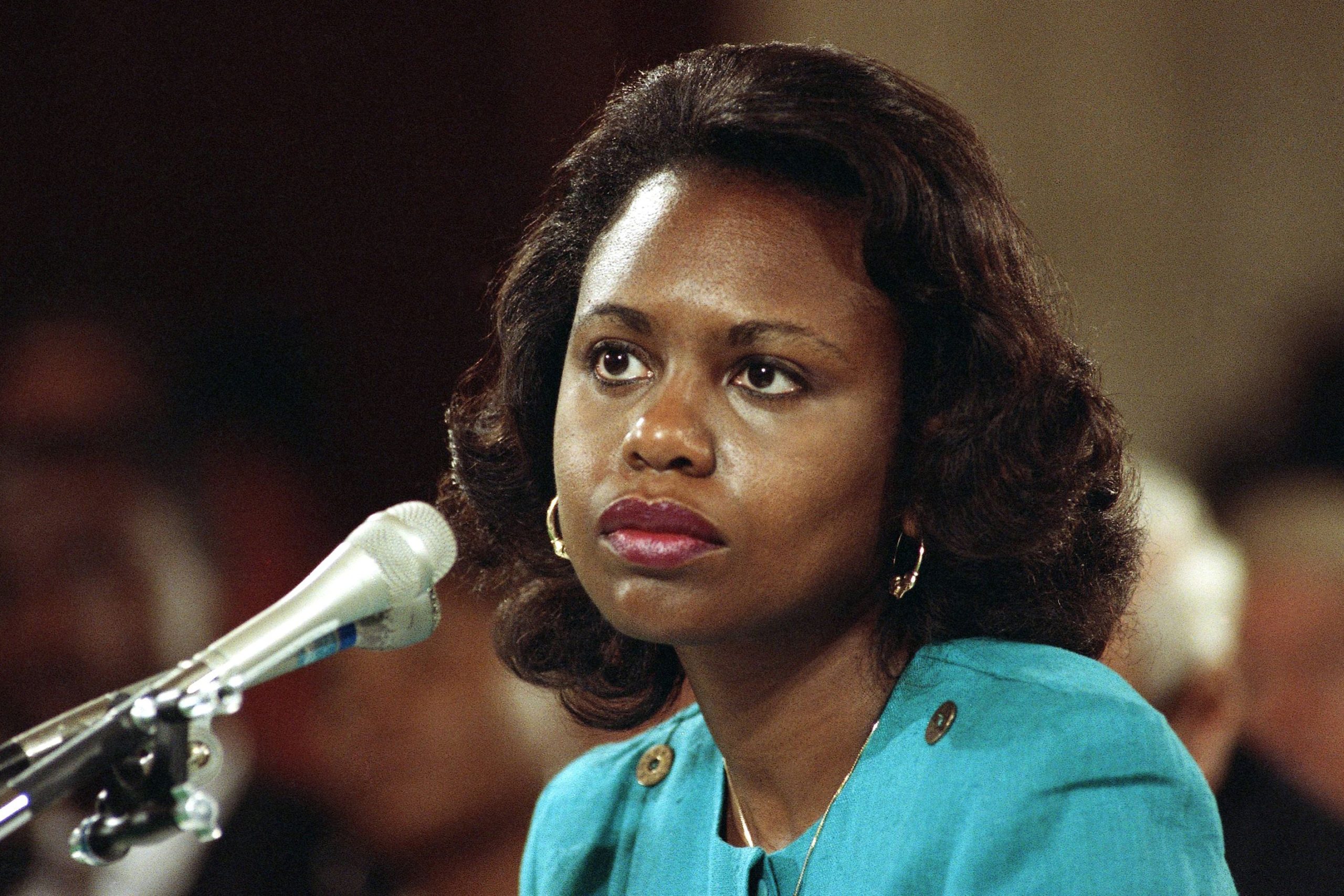The recent reversal of Harvey Weinstein’s conviction for sexual assault sent shockwaves through survivor communities and reignited discussions about the complexities of achieving justice in sexual violence cases. Anita Hill, a prominent figure in the fight against workplace harassment and the current head of the Hollywood Commission, offers a powerful analysis of the ruling’s implications and the resilience of the #MeToo movement.

A Cynical Decision Highlighting Societal Misconceptions
Hill emphasizes the disturbing timing of the ruling, coinciding with Sexual Assault Awareness Month. This, she argues, exposes the harsh realities of sexual assault and the limitations of the legal system in protecting victims. The decision, she argues, reflects lingering societal misconceptions about sexual violence, perpetuating the myth that women are unreliable when reporting sexual assault.
These harmful beliefs infiltrate the courtroom, influencing jurors’ interpretations of legal concepts like consent, relevance, and credibility. One of the most concerning aspects of the decision, according to Hill, is the exclusion of testimonies from other women who had accused Weinstein of similar misconduct. The court deemed these accounts irrelevant and potentially prejudicial, despite their potential to demonstrate a pattern of behavior.
Dissenting Voices Point to Missed Opportunities
The dissenting opinions in the case offer a different perspective, highlighting crucial aspects overlooked by the majority. Judge Madeline Singas argues that the excluded testimonies provided vital context, challenging outdated views on sexual violence prevalent among jurors. Judge Anthony Cannataro criticizes the majority for undermining decades of progress in understanding sexual assault.
Hill further emphasizes the power dynamics often present in sexual assault cases. Her work with the Hollywood Commission highlights the prevalence of perpetrators holding positions of power, allowing them to influence careers and silence accusations through fear of retaliation. This power disparity makes it extremely difficult for victims to come forward, making the inclusion of additional testimonies from similar cases even more crucial.
Beyond the Ruling: Building a Path Forward
While the court’s decision presents a setback, Hill emphasizes that this is not the end for victims and survivors. The #MeToo movement has brought the pervasiveness of sexual violence to light, and the fight for justice continues.
Hill cites the work of trauma expert Judith Herman, who advocates for “public truth-telling” and acknowledges the survivor’s claim to justice as a crucial step towards healing and achieving a sense of justice. The Weinstein case can catalyze renewed commitment from survivors and their communities to push for change.
Transforming Entertainment Industry Workplaces
Hill’s work with the Hollywood Commission focuses on creating safer and more equitable workplaces within the entertainment industry. She highlights positive changes, including increased awareness training for employees, clear reporting channels for addressing concerns, and stricter anti-retaliation policies.
The industry is also actively promoting bystander intervention training, indicating a clear shift towards a collective effort to combat sexual harassment and assault. This training equips employees with the skills and resources to intervene in situations of potential abuse, demonstrating a growing commitment to preventing future incidents.
Hill emphasizes that the “casting couch” culture must be dismantled. Sexual assault is a community issue, and victims must not be left alone to navigate the challenges of seeking justice and healing. The industry, she argues, needs to create a more supportive environment where survivors feel empowered to come forward and where bystanders actively contribute to a culture of respect and safety.




